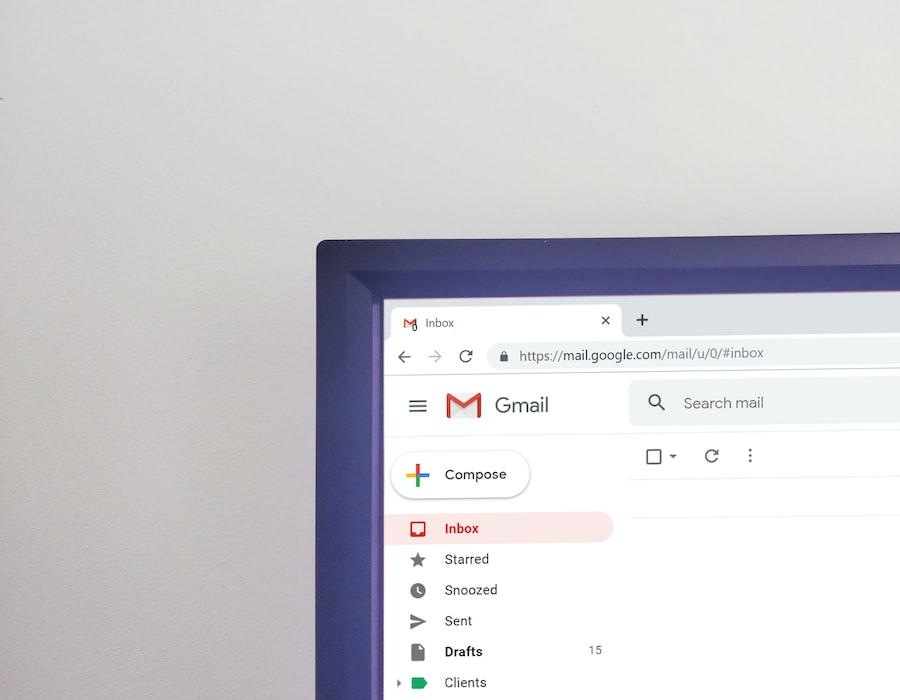If you're looking to improve your website's SEO, there are a few key mistakes you'll want to avoid. First and foremost, make sure you're doing your keyword research - this is essential for understanding what users are actually searching for when they visit your site. Secondly, ensure that your website is optimized for mobile - more and more users are accessing the internet from their phones and tablets, so you need to make sure your site can be easily viewed on smaller screens. Third, have a well-structured website - this means having a clear hierarchy and easy-to-use navigation so that users can find what they're looking for easily. Fourth, create fresh content regularly - this keeps users engaged and coming back for more, and it also signals to search engines that your site is active and relevant. Finally, build quality backlinks - this helps improve your site's authority and can also lead to referral traffic. If you avoid these five mistakes, you'll be well on your way to better SEO for your website.
The top 5 SEO mistakes are:
- Improper use of keywords and phrases
- Not using 301 Redirects
- Not using Schema.org
- Using duplicate content
- Not optimizing images
Not doing keyword research
One of the biggest mistakes businesses make when trying to optimize their website for SEO is not doing keyword research. Keyword research is essential in order to determine which keywords are most relevant to your business and what your competition is targeting. Without keyword research, you won’t be able to create an effective SEO strategy.
There are a number of different tools you can use to help with your keyword research, including keyword research tools, search engine optimization tools, and website optimization tools. Choose the tool that will best support your goals and strategies.
Not optimizing your website for mobile
One of the biggest mistakes you can make when optimizing your website for SEO is not taking into account mobile users. With over half of all web traffic now coming from mobile devices, it’s essential that your website is designed for them.
Here are a few tips to make sure your website is mobile-friendly:
-Make sure your website is responsive. This means that it will resize and adjust to fit any screen size.
-Create an effective mobile search strategy. This includes using the right keywords and making sure your website appears in mobile search results.
-Optimize your website for speed. Mobile users are more likely to abandon a website if it takes too long to load.
-Use keywords throughout your website. This includes in your titles, headings, and content.
-Create an effective title tag. This is the title that appears in mobile search results, so make sure it’s catchy and relevant.
Not having a well-structured website
One of the most common mistakes businesses make when trying to optimize their website for SEO is not having a well-structured website. A well-structured website is important for two main reasons: it helps search engines understand your website content, and it makes it easy for users to navigate your website.
To make sure your website is well-structured, start by making sure your website is easy to navigate. Use clear and concise titles for your pages, and make sure your content is easy to find. In addition, use effective keyword research to find the right keywords to target.
Once you have a well-structured website, it's important to keep your website content fresh and relevant to your target audience. Make sure you regularly add new content, and update existing content to ensure that it's still relevant. In addition, make sure you have optimized your website for search engines.
Finally, keep your website updated and fresh to ensure that your ranking improves. Regularly add new content, update your website design, and keep your keywords up-to-date to ensure that your website continues to rank well in search engines.
Not creating fresh content
One of the biggest mistakes you can make when optimizing your website for SEO is not creating fresh content. Creating content that is out-of-date, old, or irrelevant will penalize your site in search engine results. Make sure your content is fresh and relevant to your target audience. Regularly publishing new and original content will help your site rank higher in search engine results.
To make sure your content is fresh and relevant, optimize your site for keywords and phrases that are important to your target audience. Make sure your website's design and layout is optimized for search engine results. And make sure your site's title, meta data, and other elements are correctly written and optimized.
Not building quality backlinks
One of the biggest mistakes you can make when optimizing your website for SEO is not building quality backlinks. By quality, we mean links from high-quality websites that are relevant to your niche. Avoid building links from low-quality sources such as link farms, directories, and article marketing sites.
To build quality backlinks, you need to focus on creating high-quality content. This content can be in the form of blog posts, infographics, videos, or even just well-written articles. Whatever form it takes, make sure it is original and informative. In addition, your website should have a strong on-page presence. This means having well-written and keyword-rich titles, descriptions, and meta tags. Finally, make sure your website is mobile-friendly. With more and more people using their mobile devices to search the web, it’s imperative that your website is responsive.
By following these tips, you can avoid making the mistake of not building quality backlinks. Doing so will help you improve your website’s SEO and rank higher in the search engines.
Conclusion
SEO is a complex and ever-changing field, but there are some basic principles that remain constant. By avoiding these five common mistakes, you can put your website on the path to better search engine visibility and higher traffic levels.










